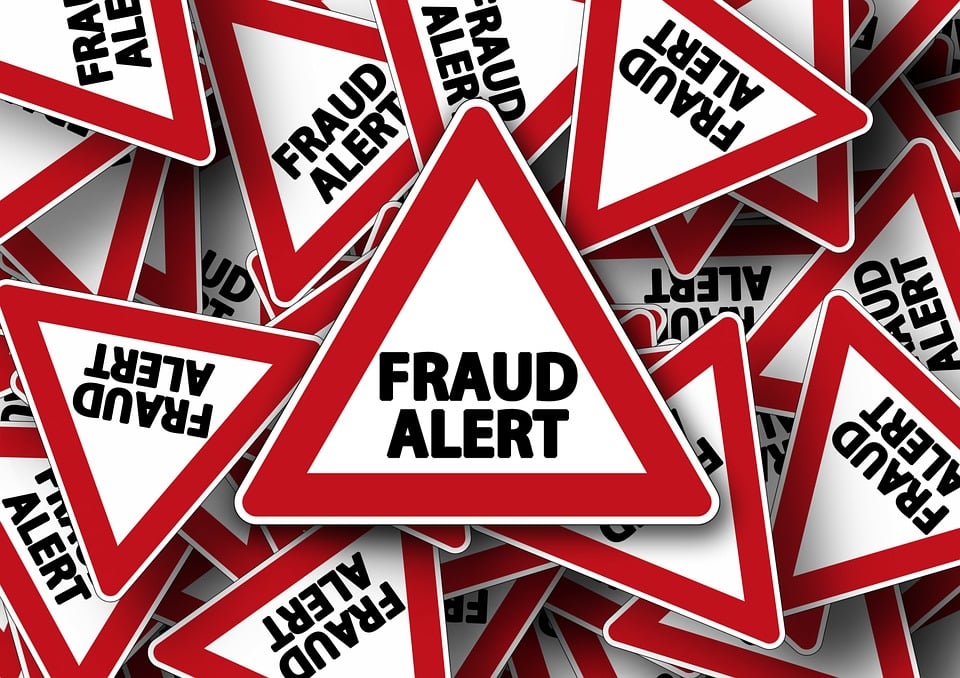
The much-awaited antifraud law got passed by the Spanish Congress. This particular law imposes a series of regulations on cash and crypto alike. After getting amended by the Senate last month, it resurfaced, and after long-drawn discussions, it was approved.
The Antifraud Law
According to this new law, users now must reveal their crypto holdings both inside and outside the country. This further stifles the current crypto climate. This law also imposes heavy fines on citizens who fail to present their holdings in time.
‘720 Model’
The fine amounts will be determined by looking over the ‘720 model’, which was implemented in 2015. Back when this model was implemented, Spain drew a lot of flak from the EU. However, this did not stop them from revisiting this model. The EU is supposed to present its resolution around next week on the 15th of July.
Cash Transactions Heavily Affected
Cryptocurrency is not the only form of transaction that is under the hammer, and cash is too. Users will now be given an upper limit of 1000 euros to spend on services. The law also lowers the former limit to 15,000 euros to 10,000 euros for individuals outside Spain. In 2018, the former president of the European Central Bank talked about the negative effects this can have. The ECB stated:
This limitation makes it difficult to liquidate legitimate operations using cash as a means of payment, thus endangering the concept of legal tender.
A Law With Only One Objective
This new law was created to tighten the grip on tax and capital movements in the country. However, this law can also force more people to dabble in digital payments. Therefore this can give crypto much-needed exposure in such trying times.
Disclaimer: The information provided is not trading advice, Bitcoinworld.co.in holds no liability for any investments made based on the information provided on this page. We strongly recommend independent research and/or consultation with a qualified professional before making any investment decisions.

